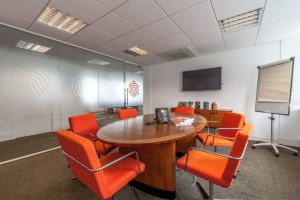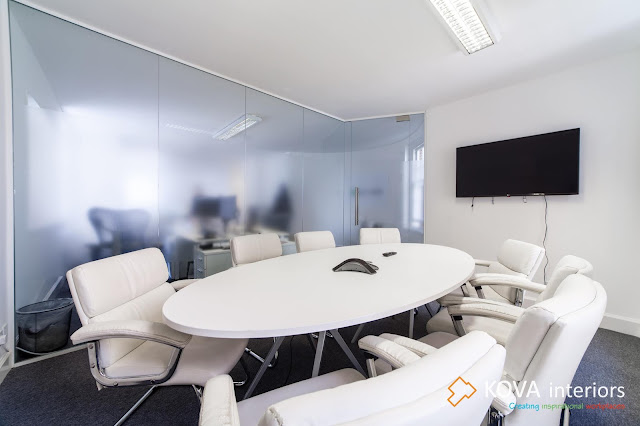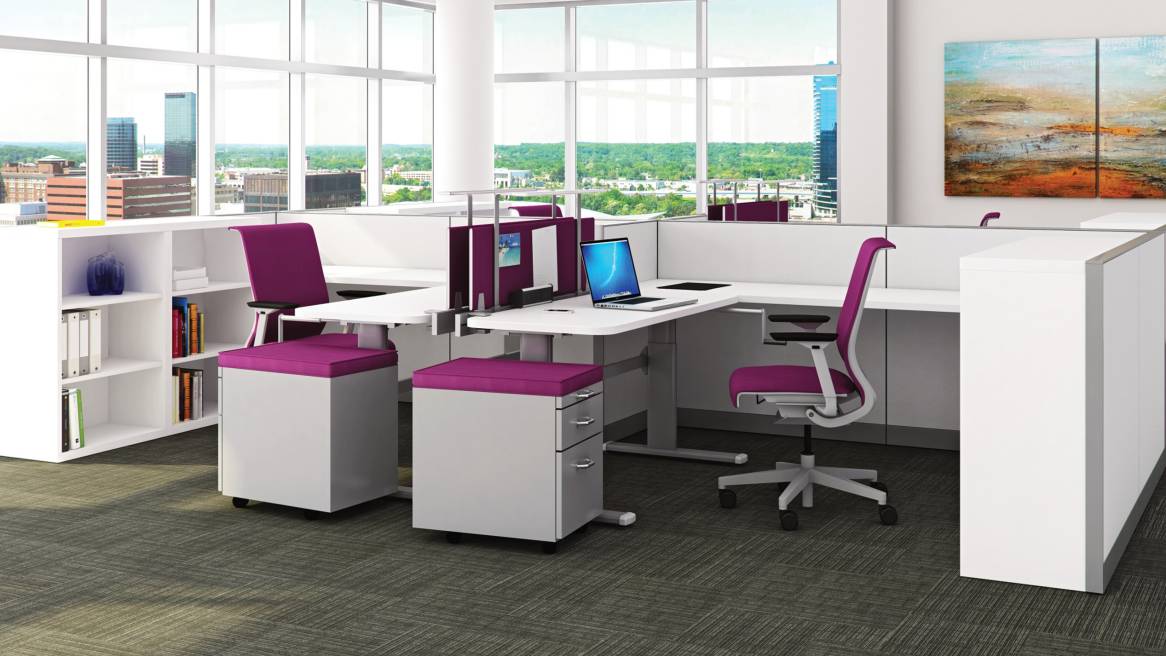Employee Engagement – How the Workplace Design Play A Big Part
A great deal of recent research & anecdotal facts hints that engaged employees are much less expected to leave their present company. For organisations on the path towards global incorporation, it is important to look broadly at the different aspects that influence employee engagement. Moreover, workplace design should be one of them. A well-designed workplace can converse an organisation’s strategy, brand and culture, while cheering the actions leaders wish to see in their company – all nurturing higher engagement levels.

Promote Collaboration:
Collaboration is critical to any place of work, so space must be designed to support a wide range of collaboration styles. For instance, a project room for intense activity involving 3-6 people could boast a high seating position to support the movement, with whiteboards & technology to allocate digital content. That’ll differ rather significantly from what you require for a training session, networking with a client, or for a videoconference with a co-worker based on the other side of the world.
Space must support those different interactions through diverse working environments, letting personnel share ideas & co-create, work in teams without being disturbed & allow a culture of creativity & innovation.
Provide employees with areas where they can focus and have some privacy:
This is especially critical for employees working in open plan offices. It can be taxing for employees if they’ve nowhere to attend a private call or “be alone”. Therefore, open plan offices must be balanced with spaces for personal reconstruction where the employee can change posture, read a magazine and disconnect. Having the flexibility to switch off when they need to will allow employees to performed better over a longer period.
Let staff physically move around throughout the day & change posture:
Engaged workers are healthy workers. Therefore, your space must support a range of postures & encourage movement – be it through sit-stand desks, seating designed to support communications with mobile gadgets, even lounge seats that let staff sit back with their feet up to relax.

Lighting matters:
Better workplace lighting (both artificial and natural daylight) has been associated with a 15% decrease in absence in office settings. Many studies also have reported output increases ranging from 2.8 to 20% attributed to optimal lighting levels.
The presence of sufficient daylight & windows, and also opportunities for active & passive contact with nature, sensory change and variability, all have a constructive impact on employees well-being.
Need help with your office fit out in London? Call Kova Interiors now to discuss your specific office fit out needs.


Comments
Post a Comment